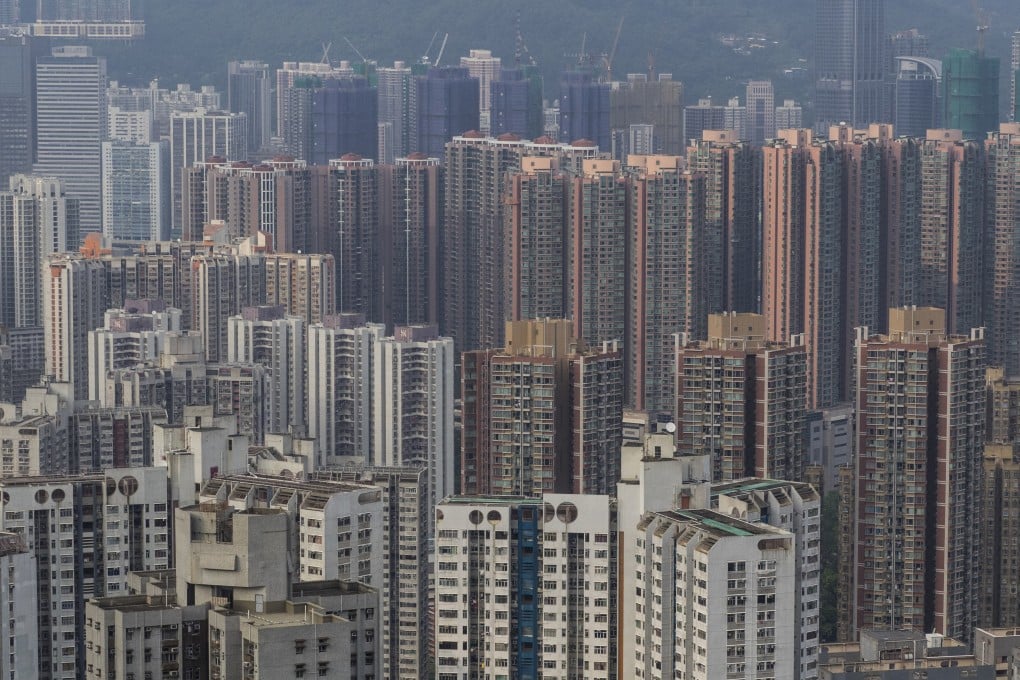Advertisement
Opinion | Cutting the public out of Hong Kong’s town planning won’t make it more efficient
- The problem is the bureaucratic process. The latest Legco proposals to change land laws and cut public involvement are largely unnecessary, undesirable and will save little time
Reading Time:3 minutes
Why you can trust SCMP

When the Hong Kong government says it is going to review processes to streamline the city’s development, it creates an anticipation that something may actually be done to make things easier and quicker.
A review definitely needs to be done, as the bureaucracy is getting unnecessarily complex and the outcomes it delivers are not that great. The slowness in delivering flats to address people’s housing needs is the big driver.
On March 22, proposals were presented to the Legislative Council’s panel on development, and what a disappointment. While there are a few good points relating to the removal of duplication across existing laws and the simplification of some procedures, the proposals are really wide of achieving greater efficiency.
Advertisement
One point which does come through is that the main reason for inefficiency is the way the government administers the laws rather than the laws themselves. It is also clear that the focus of the review is not on how and what civil servants do, but more on things that annoy them by having to deal with the public.
There is no vision of what would make a better and more efficient system, and many important things are not considered.
Advertisement
The administration is dominated by a philosophy of control rather than facilitation. The unnecessarily complex bureaucratic processes, the disjointed operation of departments, and bureaus that do not talk to each other, reflect this.
Advertisement
Select Voice
Choose your listening speed
Get through articles 2x faster
1.25x
250 WPM
Slow
Average
Fast
1.25x
